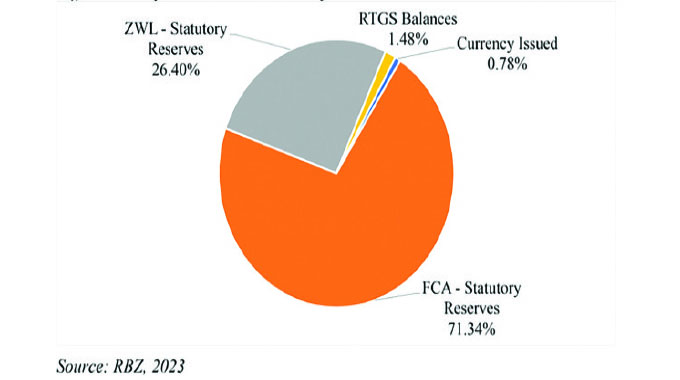Zim companies dodge standards certification

Golden Sibanda Senior Business Reporter
A majority of Zimbabwean firms’ products and systems are not certified to national or global quality standards, with only 140 out of a possible 5 000 having taken certification standards, according to the country’s national standards body.
Failure by local firms to certify to minimum national and international quality standards might partly be the reason they have struggled to match competition on global markets due to inferiority of products or processes.
The startling revelation comes against a background where the Southern African Development Community (SADC) is gradually gravitating towards a common industrialisation strategy, market and customs union, which will require firms to produce at globally competitive levels.
Zimbabwe is also a member of the Common Market for Eastern and Southern Africa (COMESA) which has established a Free Trade Area and is now working towards introducing common monetary and customs union, which will require local firms to be able to compete at the highest level.
In demonstration of its commitment to quality standards and protecting safety of consumers, Government engaged French global standards, Bureau Veritas, to subject imported products to mandatory tests in an attempt to prevent entry of inferior on unsafe products.
Standards Association of Zimbabwe executive director Eve Gadzikwa said this was also the reason Government was crafting the Zimbabwe National Quality Standards Regulatory Authority Bill, for a compulsory standards compliance, not only to protect consumers, but also promote industry and export growth through quality goods and systems.
“Despite the fact that there has been huge investment in standards or developing the infrastructure for standards in Zimbabwe, the uptake has been very slow and of the potential 5 000 companies that can be certified or can make use of these standards, we actually have something like 140 companies, so that speaks volumes in terms our potential as a national standards body,” she said.
“We are still a long way out. My appeal is that we do have a very competent, world class standards body, however, the uptake is very slow,” she said.
“We did our research in terms of companies that can take up standards and we realised that there are very few companies that are doing it relative to those with the potential,” Dr Gadzikwa said.
Factors cited for reluctance or the slow uptake of standards by Zimbabwean companies include capacity to go through the rigorous certification process and to sustain the standards.
Certification can be a useful tool to add credibility, by demonstrating that a product or service meets the expectations of the customers. For some industries, certification is a legal or contractual requirement.
Dr Gadzikwa said quality standards were also critical where issues of safety and risk arise and this was the reason Government had put in place a number of laws to govern various facets of business, including plans underway to craft a national consumer protection Act.
Some of the legal frameworks include quality environment, legal environment, trade and industrialisation policies and consumer protection law to address issues of risk and safety and also set benchmarks for local regional and global competitiveness of local firms.
Dr Gadzikwa said when the standards law is enacted, it would help promote trade and investment in Zimbabwe, protect consumers and support industry.
She said the legislation would not affect industry, but complement other initiatives to enhance competitiveness of industry.
The SAZ boss said in terms of interventions towards improving the ease of doing business, it was inconceivable that manufacturing could be discussed without including the standards dimension of it all. She said since inception in 1960 SAZ certifies to over 2 000 quality standards either in terms of systems or produced by industry or imported.
“You cannot talk about manufacturing without talking about infrastructural reform of the ease of doing business, markets, innovation and value chains.
“You cannot talk about value chains for local markets, regional or international markets without talking about standards and issues of safety; but there is a mismatch in that regard.”








Comments